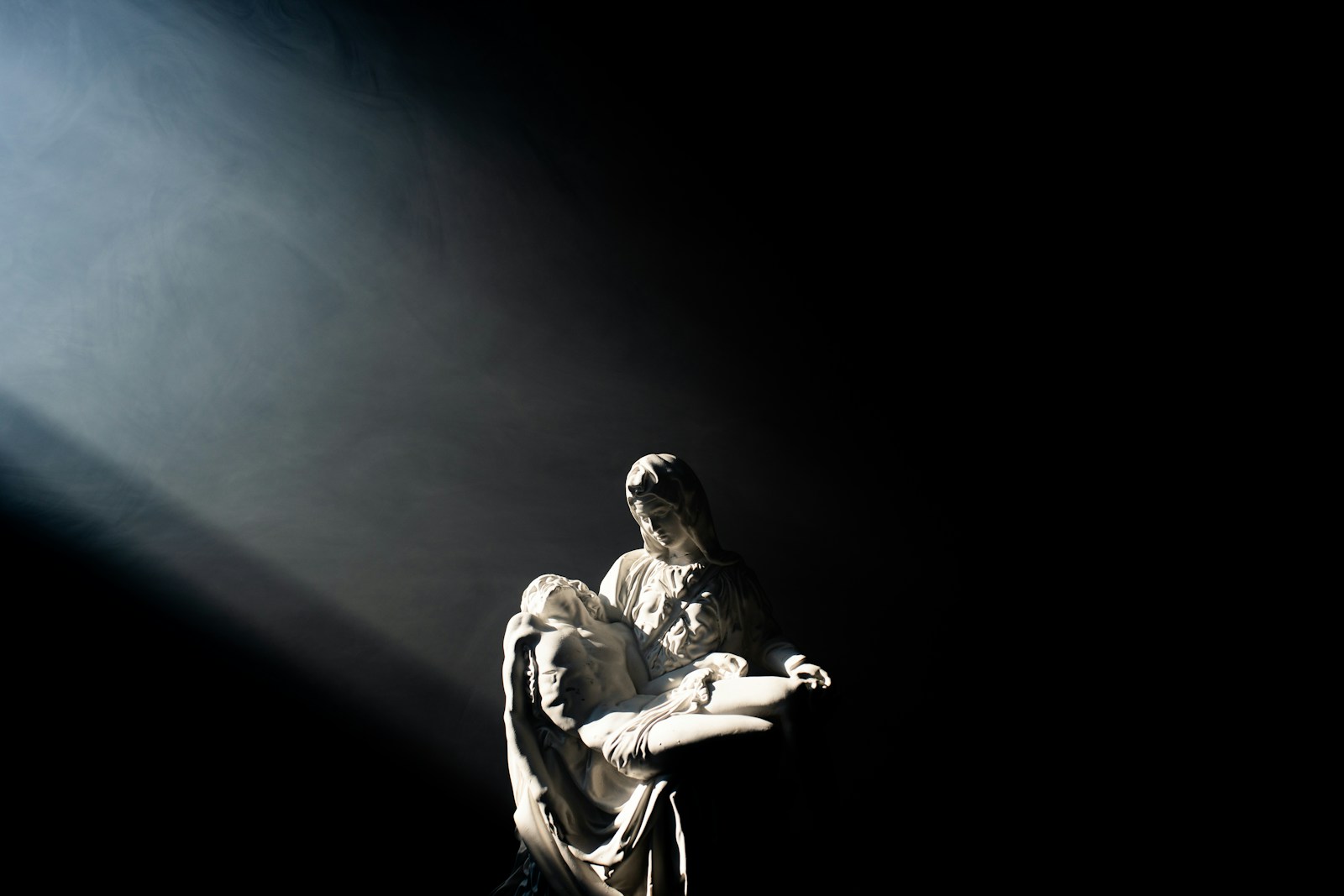Few topics have fascinated humans more than the question: what happens after we die? The idea of an afterlife—some form of continued existence—has shaped how people live, hope, and make meaning for as long as we have written stories. It cuts across culture, faith, and even new fields like neuroscience and quantum theory.
Why Are We So Drawn to This Question?
Our need to understand life after death runs deep. Some find comfort in believing death isn’t the end. Others fear the unknown or wonder if life has a larger purpose. Almost every culture and religion has built its own vision of what, if anything, lies beyond.
Theories and Perspectives
1. Reincarnation
This is the idea that the soul or consciousness continues its journey in a new body after death. Found in Hinduism, Buddhism, Jainism, and echoed in New Age circles, reincarnation suggests our actions shape future lives—a cycle of learning, karma, and eventual spiritual growth. Some claim memories of past lives, using these as evidence, while others see reincarnation as a way to explain suffering and injustice in the world.
2. Heaven, Hell, and the Afterlife as a “Place”
Monotheistic faiths—Christianity, Islam, Judaism—often picture an afterlife where souls are rewarded or punished according to their deeds. Heaven promises reunion and peace; hell threatens separation or suffering. For many, these beliefs are a source of hope, comfort, or fear—and they raise questions about morality, justice, and the consequences of our choices.
3. Continued Consciousness
Some believe consciousness doesn’t depend on the body, and may persist after death in another form—call it a soul, spirit, or energy. Interest in this idea has grown with studies in consciousness, quantum physics, and parapsychology. Reports of contact with the dead, or stories of ghosts and spirits, fit here, as do personal experiences of “signs” from lost loved ones.
4. Near-Death Experiences (NDEs)
NDEs have become part of mainstream discussion—people clinically dead or close to dying, then revived, sometimes report vivid experiences: tunnels of light, feelings of peace, seeing deceased relatives, or a life review. Some take these as glimpses of an afterlife; skeptics point to brain chemistry and psychological factors. Still, these stories keep the conversation alive.
5. Materialist and Secular Views
Many scientists, philosophers, and everyday people see death as the absolute end—consciousness is a function of the brain, and when the body dies, so do “we.” But even here, the quest for meaning continues: how do we live knowing our time is finite?
Why Does It Matter?
Whether or not we believe in something after death, the search shapes our actions, ethics, and relationships. For some, it brings comfort. For others, it’s a source of anxiety. For everyone, it’s a reason to reflect on what it means to be alive.
Further Reading & Exploration
If you want to dive deeper, here are a few books that cover the spectrum—from spiritual, scientific, philosophical, and personal perspectives:
- The Tibetan Book of the Dead by Padmasambhava
- Life After Life by Raymond Moody
- The Denial of Death by Ernest Becker
- Proof of Heaven by Eben Alexander
- Many Lives, Many Masters by Brian L. Weiss
- The Afterlife Experiments by Gary E. Schwartz
- Conversations with God by Neale Donald Walsch
- Death and the Afterlife by Samuel Scheffler
- The Ghost Map by Steven Johnson
- The Immortal Life of Henrietta Lacks by Rebecca Skloot
Bottom line:
There’s no single answer, and maybe there never will be. But the very act of asking—of wondering what comes after—continues to shape the way we live, love, and face our own mortality.

